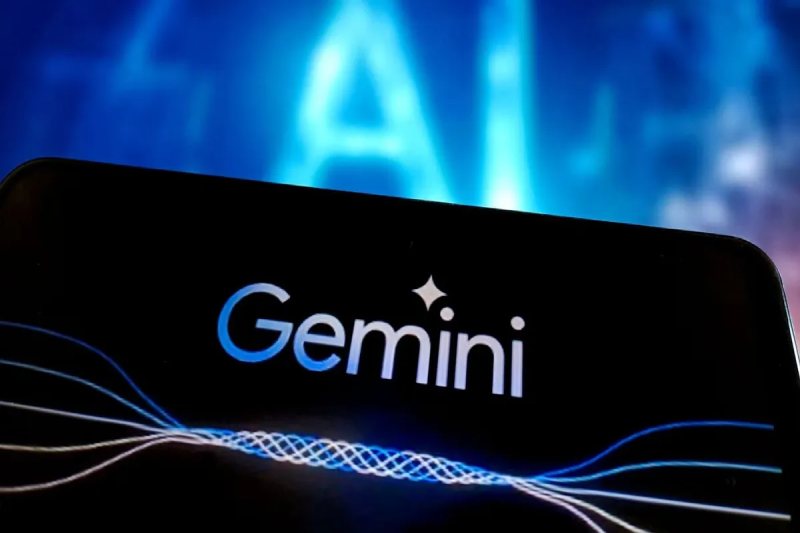Google is rebranding Bard and Duet AI in the same way that Microsoft did with Bing Chat to Copilot in order to streamline their generative AI branding. Now, the services are called Gemini, after the multimodal AI model developed by Google. This month, a leak about the name change occurred. In addition, Google unveiled a Gemini Android app and a premium version of the chatbot with more advanced features.
Google CEO Sundar Pichai stated in a blog post that “Bard has been the best way for people to directly experience our most capable models.” In order to better represent the cutting-edge technology at its heart, Bard will now go by Gemini. It’s accessible on the web in forty languages, and soon it will be available on the Google app for iOS and the new Gemini app for Android.”
It is possible to change Google Assistant to become the default assistant on a device by downloading the Gemini Android app. Thus, your phone or tablet may launch Gemini rather than Assistant when you long press the home button or say “Hey Google.” By choosing to opt in through Assistant, you may also make this change.
By doing this, a new conversational overlay will appear on your screen. In addition to providing quick access to Gemini, the overlay will provide contextual recommendations, including the option to create a caption for a picture you just shot or inquire about further details about an item that is currently displayed on your screen.
Through the Gemini app, you can also access frequently used Assistant services, such as managing smart home devices and placing calls and timers. In the future, Google promises to add more Assistant features to Gemini. That does seem to indicate that Google is gradually replacing Assistant with Gemini. Additionally, Gemini Advanced is accessible through the app (more on that in a bit).
There won’t be a separate Gemini app for iOS at this time. Alternatively, by pressing the Gemini toggle in the Google app, you can access it.
Starting today, Gemini is accessible in English on both Android and iOS in the United States. Google is going to begin providing the chatbot with more locations in English, along with Japanese and Korean, starting next week. Gemini is eventually expanding to other nations and languages, as one could anticipate.
Furthermore, Google is making Ultra 1.0, their largest and most powerful AI model, available through Gemini Advanced. According to the business, this can hold lengthier, more in-depth discussions and remember context from earlier exchanges. It claims that Gemini Advanced “is far more capable at highly complex tasks like coding, logical reasoning, following nuanced instructions and collaborating on creative projects.”
Gemini Advanced is currently accessible in 150 countries and territories in English. You must enroll in the new Google One AI Premium Plan in order to access it. This comes with a two-month free trial and costs $20 per month, which is the same as Copilot Pro. This subscription comes with Gemini Advanced in addition to all the features of the Google One Premium Plan, such as 2TB of storage and a VPN. In the near future, subscribers will also be able to utilize Gemini in programs like Gmail, Docs, Slides, and Sheets (this will replace Duet AI).
Notably, Google says that when developing Gemini Advanced and other AI products, it tried to allay worries about things like prejudice and harmful content. The business claims to have tested Gemini Advanced via “extensive trust and safety checks, including external red-teaming”—that is, testing by outside ethical hackers—before fine-tuning and using reinforcement learning to improve the model.


 Entertainment4 weeks ago
Entertainment4 weeks ago
 Entertainment4 weeks ago
Entertainment4 weeks ago
 Entertainment4 weeks ago
Entertainment4 weeks ago
 Entertainment4 weeks ago
Entertainment4 weeks ago
 Entertainment4 weeks ago
Entertainment4 weeks ago
 Entertainment4 weeks ago
Entertainment4 weeks ago
 Entertainment4 weeks ago
Entertainment4 weeks ago
 Entertainment2 weeks ago
Entertainment2 weeks ago














